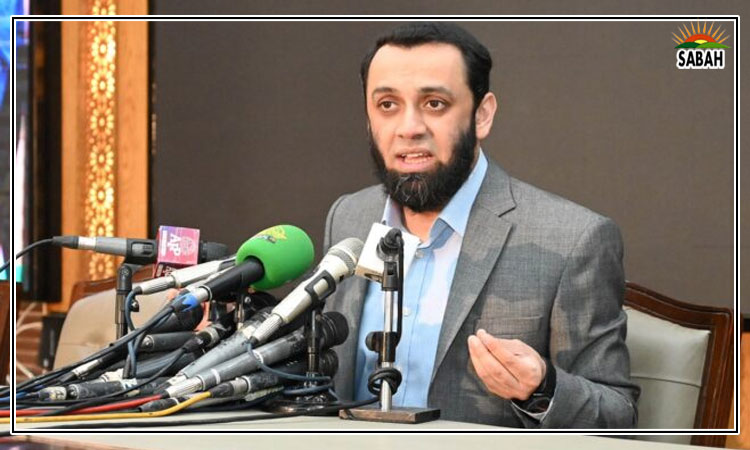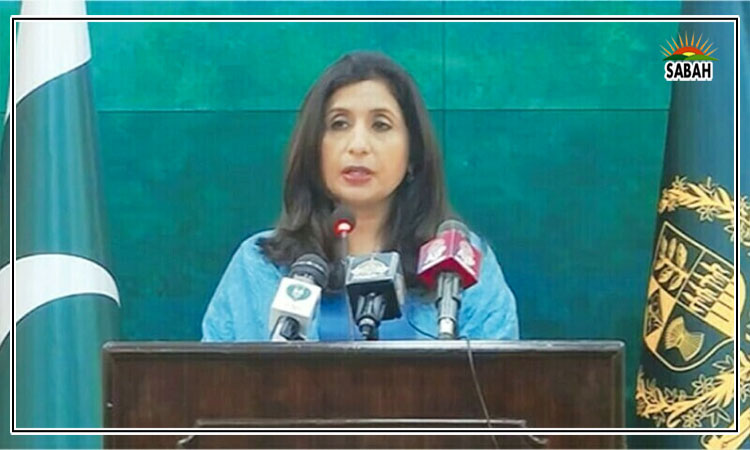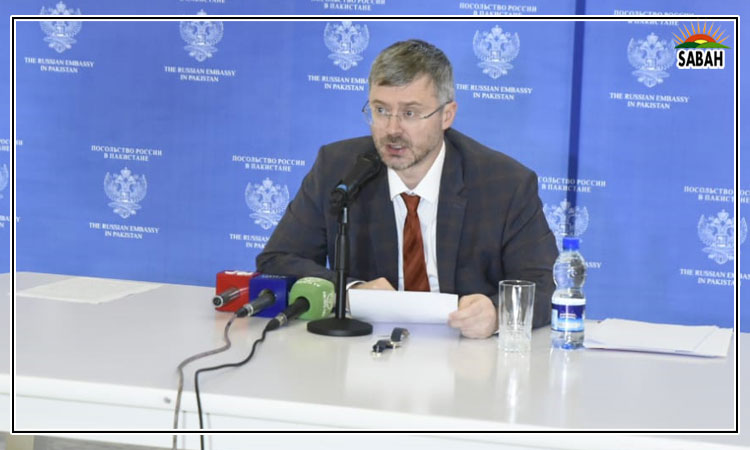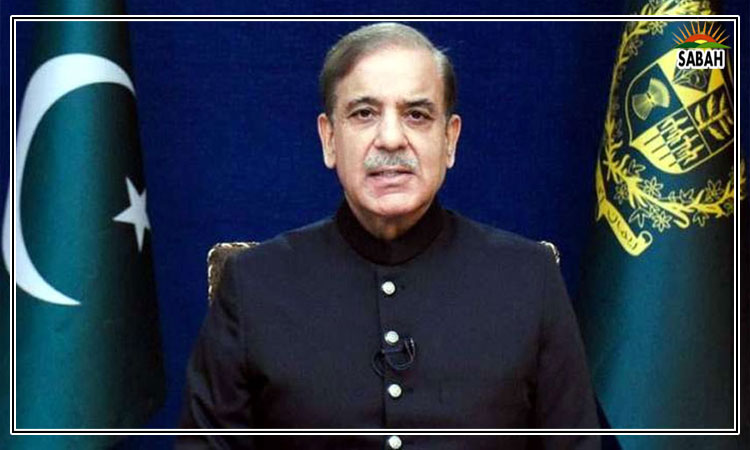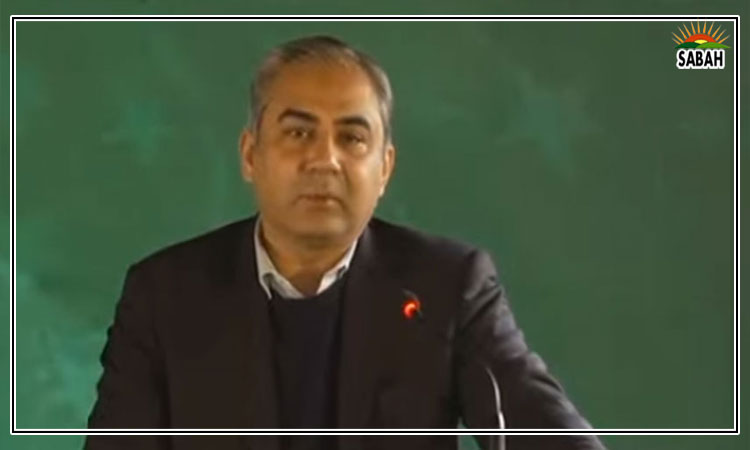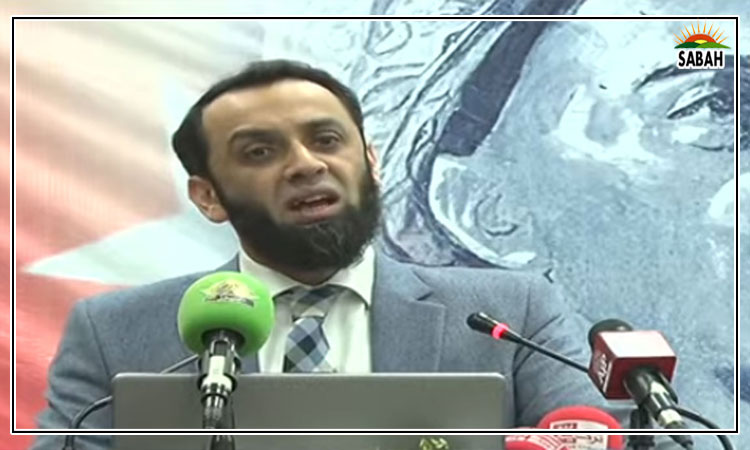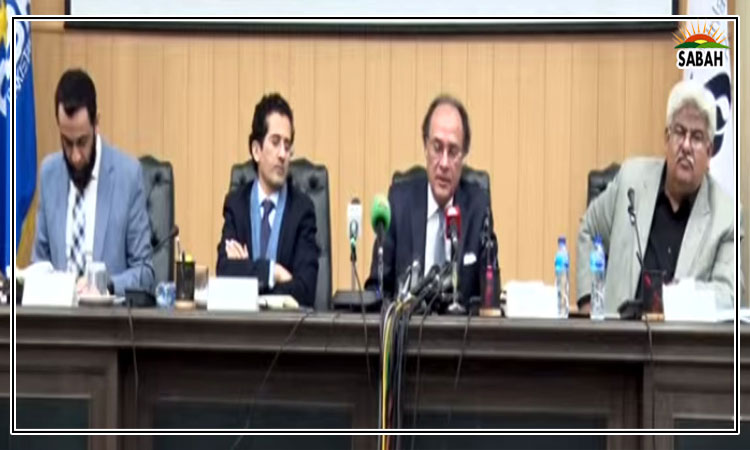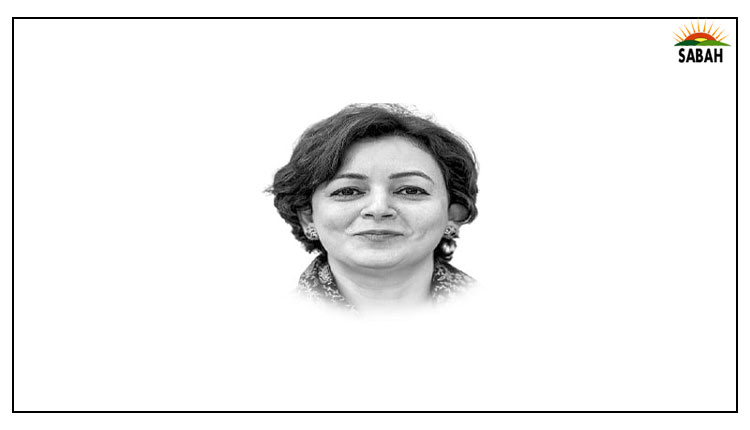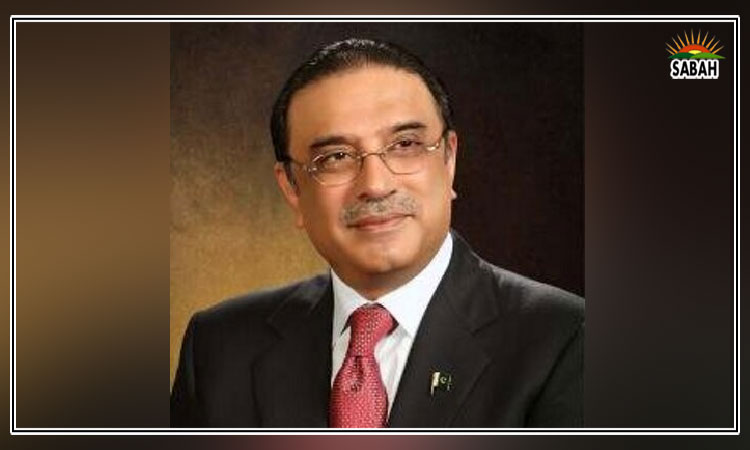Incidence of breast cancer was more common in South Asian countries: President Zardari
ISLAMABAD, Oct 18 (SABAH) President Asif Ali Zardari has emphasised the countrywide public awareness and collective efforts at individual and national levels to reduce the mortality rate due to breast cancer in Pakistan.
President Asif Ali Zardari, in his message to the nation on the International Day Against Breast Cancer annually observed on October 19, said that breast cancer was not only the most frequently diagnosed cancer but was also the leading cause of death among women in low and middle-income countries. He said the incidence of breast cancer was more common in South Asian countries, majorly due to a lack of breast cancer awareness in women.
“In our country, one in every nine women is at risk of breast cancer and the late diagnosis of the disease considerably contributes to the high mortality rate. Moreover, economic obstacles deter many from receiving the required treatment,” the president added. He said the International Day Against Breast Cancer was observed to raise awareness about the disease and to promote timely diagnosis and treatment. He said that this year’s theme “No One Should Face Breast Cancer Alone” for Breast Cancer Awareness Month reminded us of the importance of support, solidarity, and care for every person dealing with this disease. He stressed the need to raise awareness about the disease by addressing misconceptions and prioritizing healthy lifestyle adjustments.
President Asif Ali Zardari said that Pakistan needed the broader level efforts to educate women about breast cancer, regular self-examination and mammographic screening. He urged the policymakers and health officials to plan and prioritize disease control activities, including improved treatment and individual patient care.
President Asif Ali Zardari called for women’s access to screening and early detection services which were critical in detecting breast cancer early and saving lives. Calling the media’s role critical in raising awareness about this disease, he urged print, electronic and social media to educate people about breast cancer to save thousands of precious lives. “Let us recommit to giving more support, care, and hope to patients, families and survivors of breast cancer,” he said and expresses the hope that the collective efforts at the individual, institutional and national levels would enable the country to improve the overall health and well-being of the people and breast cancer-related deaths.


